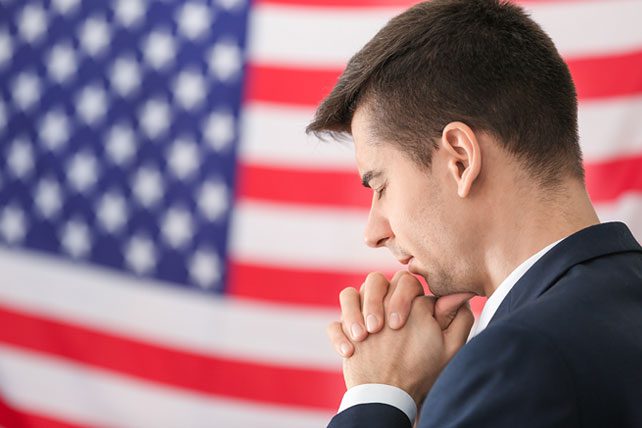Should pastors address politics from the pulpit—or in any format that flows from their platform as spiritual leaders?
The word “pastor” is an old word that means shepherd, from the Greek, poimen. A pastor’s role is to do two things:
- lead the flock, spiritually and directionally, as we communally obey Jesus’ Great Commission and Great Commandment, and
- feed the flock, offering spiritual nourishment and protection from false belief systems.
I’m not a politician. I learned from a great example in Pastor Rick Warren, who said, “If I thought politics could save the world, I wouldn’t have become a pastor.”
One of the biggest reasons I’ve generally stayed out of partisan issues in my pastoral leadership role is because I believe it’s too easy to become a pawn. If I had promoted a candidate, that candidate in their humanness would have said or done something embarrassing, and my credibility would have been diminished.
At the same time, the gospel itself has socio-political implications, and we who guard and carry that gospel must concern ourselves with whether Christians within our culture properly relate the gospel to their surroundings.
Words like capitalism and democracy were in their infancy in biblical times and would take many centuries to develop. The writers of scripture could not have foreseen our current political climate. But they did write about topics like justice, poverty, caring for strangers, paying taxes, etc.
Pastors get to be translators of ancient wisdom and divine truth to our modern context, and that’s not an easy task.
I remember a conversation I had with a church member a couple of decades ago. He was of a completely different political persuasion than I was at the time. We talked about one president’s very public infidelity and another’s hasty rush to war without evidence of weapons of mass destruction.
We disagreed sharply on most points…And then I baptized him and his family members.
We continued to disagree AND attend the same church. We ate meals together, communing around our common faith in Jesus, AND then we voted for opposing candidates in elections.
That’s how it used to be. And in the push-pull, tug-of-war, respectful dialogue, we understood each other a little better and remained friends.
Today, things are different.

